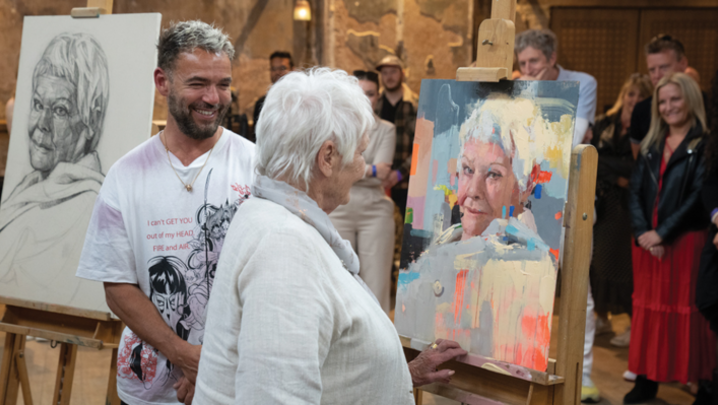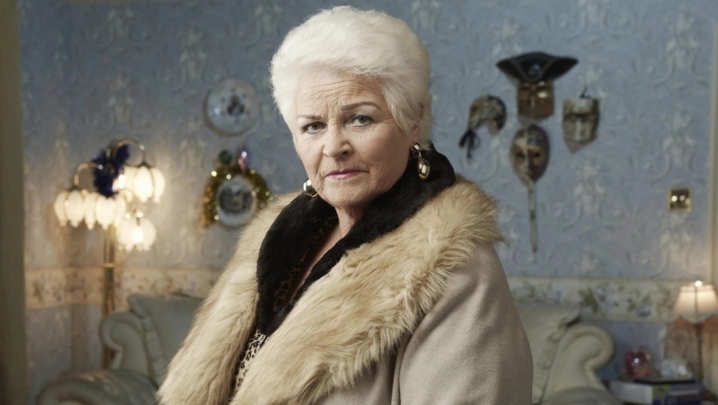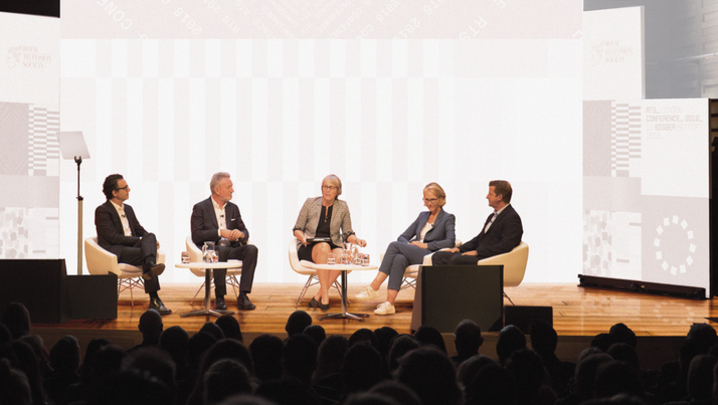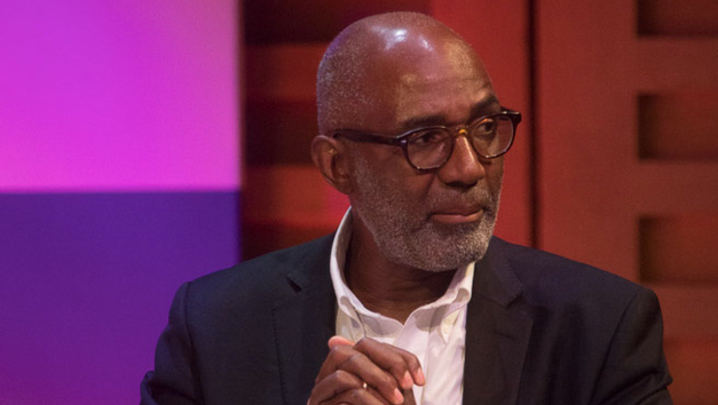BBC One ethics show Sunday Morning Live is a truly UK-wide affair, discovers Matthew Bell.
Earlier this year, a joint bid from two Northern Ireland indies – Tern TV Belfast and Green Inc – won the tender to produce 24 episodes a year of Sunday Morning Live, BBC One’s ethical and religious current affairs show.
The show is broadcast live from a London studio, using producers and directors in Glasgow, Manchester and Sheffield, but is produced and edited in Holywood, Northern Ireland. It sounds complicated but it works, as a recent joint RTS London/Yorkshire event discovered.
Sunday Morning Live’s executive producers – head of Tern TV Belfast Brendan Hughes and Green Inc founder Stephen Stewart – are old colleagues from the BBC. “We’ve always wanted to find something to work together on… this one came along and it looked like it was a great mix of our complementary skills,” said Stewart.
Tern has made many religious programmes, including Songs of Praise, while Green Inc has a track record in live studio shows. “It felt like the right thing to do together,” said Hughes. “I wanted to get back into live television again… there’s nothing more exciting.”
The indies won a two-year contract to make the show, following a keenly fought tender process. “We bring a different perspective to the show,” said Hughes. “We’re right on the very edge of the UK and it feels like we look in rather than look out…. We’re looking at the entire nation.”
Nevertheless, the two indies decided to shoot at ITN in London. “A lot of the guests are based in London and [with] a Sunday-morning show, if we make [it] somewhere else, be it Glasgow or Belfast, you’d be asking guests to fly there on a Saturday, including the presenters, and they’re key… [You’d be] tying people up for their weekend,” explained Stewart.
Guests who can’t get to London join the show via Zoom, which Stewart said is now accepted TV practice.
Sunday Morning Live addresses topical issues but, said Hughes, “We’ll not take a political view on a subject – we take an ethical view.”
Series editor Neil Dimmock continued: “We come off the back of two heavily political shows… viewers won’t want us to be having the same conversations they’ve heard all morning, but these are clearly important subjects.”
Sunday Morning Live has its own distinctive take on stories. In the wake of Boris Johnson’s resignation, the show hosted a discussion about leadership, asking whether moral integrity was a key ingredient. Dimmock said: “We’re not avoiding the big talking points but we’re finding [their] ethical, moral or religious angles.”
Are any subjects taboo? “We wouldn’t rule anything out,” said Dimmock. “It’s the way that you approach it rather than the subject itself that is key.”
Hughes added: “We try to avoid overly political voices…. We’re looking for a voice that hasn’t been heard in the debate…. We like to come at it from a different angle.”
The show is planned in Holywood during the week, before key crew such as Dimmock and producer Kathy Littler fly to London on Saturday to write the script, brief presenters and film the show. “It’s topical and live, and things change,” said Hughes. “This means that, until it’s over, you’re juggling things.”
“There really is nothing like the buzz of live TV,” said Littler. “It’s not for everyone… you have to have a certain amount of bravery and know-how to be reactive and problem solve very quickly.”
Hughes added: “Stephen and I, independently of each other, years back, made decisions that we would never work with people we didn’t like. We hire people we like and can have a lot of fun with – that’s important in telly. If you can’t enjoy yourself, what are you doing?”
“Sunday Morning Live: Production focus” was a joint RTS London and RTS Yorkshire event, held online on 21 July. It was chaired by Fiona Thompson and produced by Phil Barnes.







